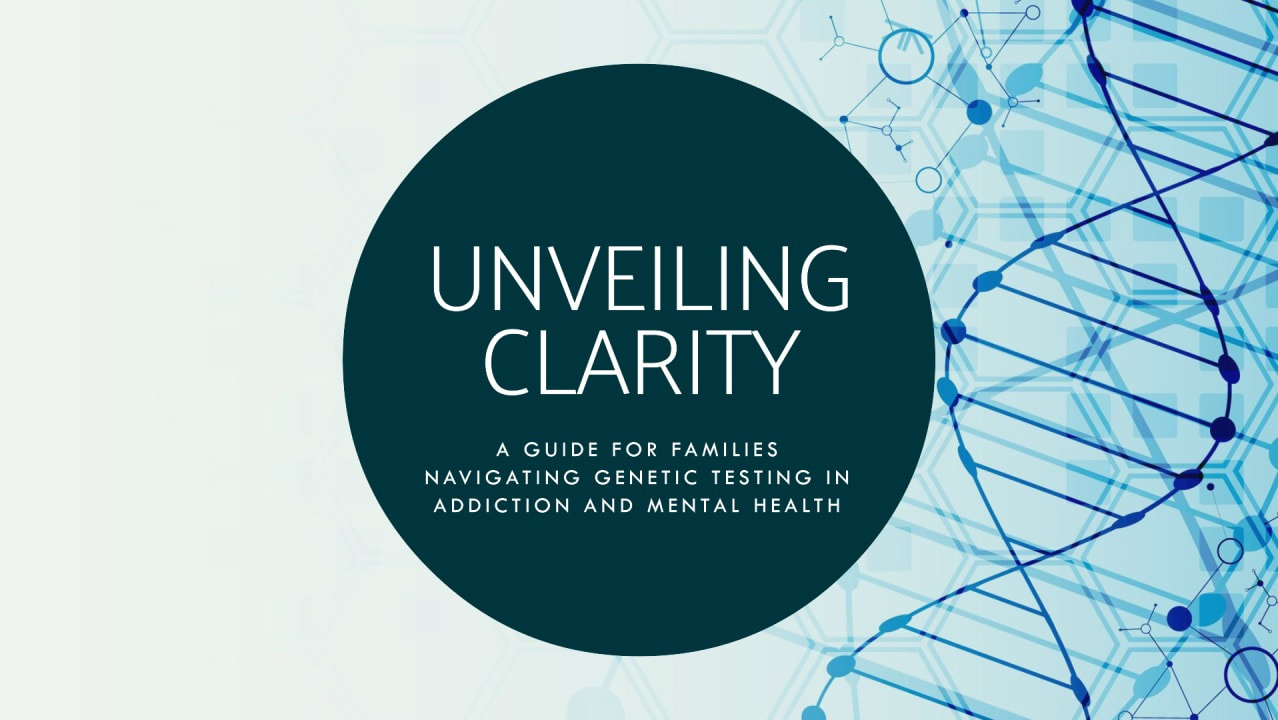|
A healthy connection refers to a relationship between individuals that is characterized by mutual respect, trust, support, and good communication. It promotes the well-being and growth of everyone involved. Here is a breakdown of what constitutes a healthy and safe connection and what humans need to avoid loneliness:
Characteristics of a Healthy Connection
What Humans Need to Avoid Loneliness
Feeling Connected When someone is connected to others in a healthy way, they typically:
Healing from Addiction and Trauma in Families In families where addiction has occurred as a result of trauma, fostering healthy connections is crucial for healing. Here is how it all relates:
Conclusion Healthy connections contribute significantly to our overall well-being and happiness. They provide a support network, reduce feelings of loneliness, and enhance our life satisfaction. Cultivating such relationships requires effort, mutual respect, good communication, and the ability to set and respect boundaries. Join Me in Healing and Hope If you or a loved one are navigating the challenges of addiction and trauma, you’re not alone. Let’s break the cycle of isolation together. Connect with me to find a supportive community, gain access to resources, and start your journey towards healing and resilience. Your story matters, and within our community, you’ll find understanding, support, and the strength to rebuild. Reach out today — let’s heal together.
0 Comments
Leave a Reply. |
AuthorTimothy Harrington's purpose is to assist the family members of a loved one struggling with problematic drug use and/or behavioral health challenges in realizing their innate strength and purpose. Archives
May 2024
Categories |
HoursM-F: 7am - 9pm
|
Telephone323-804-5555
|
|
Medical Disclaimer: The information available from this website has been prepared and/or obtained for general information, education, reference, and/or entertainment purposes only and is not intended to provide medical advice. The owner of this website is not a licensed doctor and is not providing medical advice, or diagnosing or treating any condition you may have. We are not your doctor.
You agree that you will not act upon anything contained in this website without first seeking professional medical advice.
You agree that you will not act upon anything contained in this website without first seeking professional medical advice.


 RSS Feed
RSS Feed

